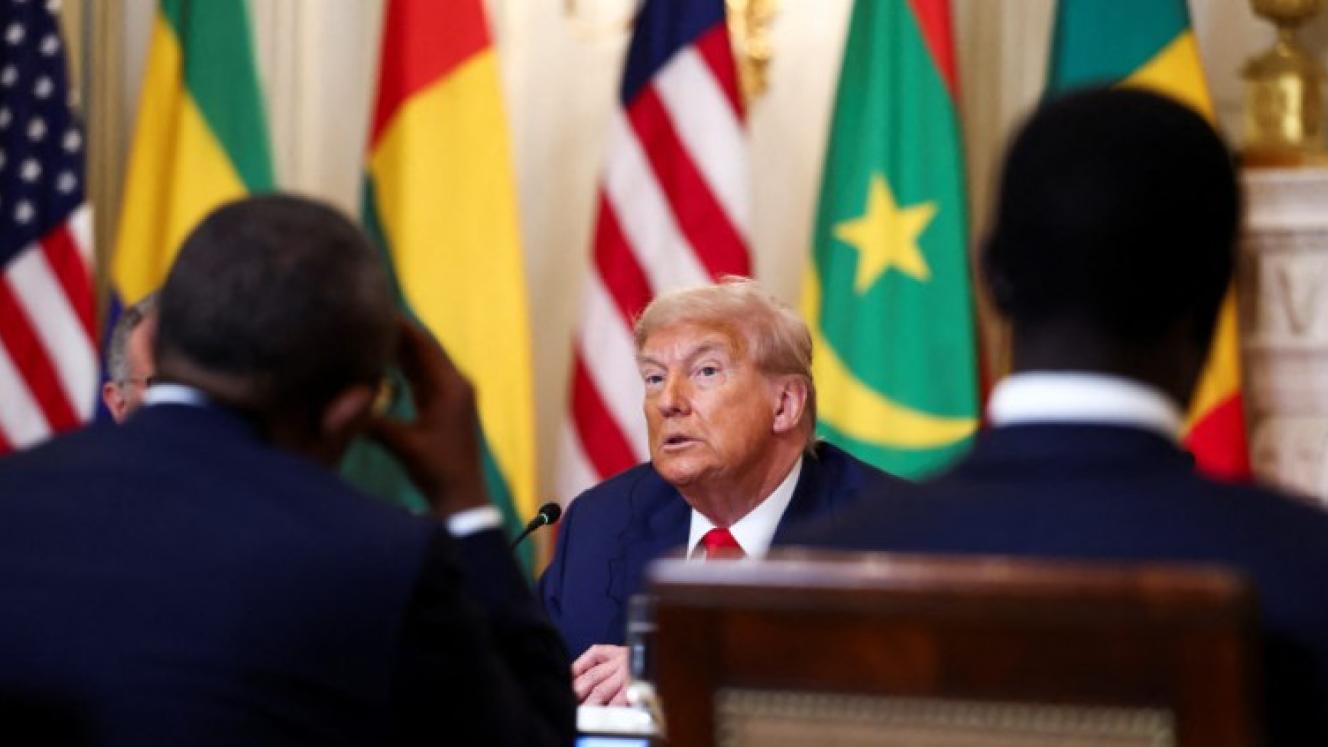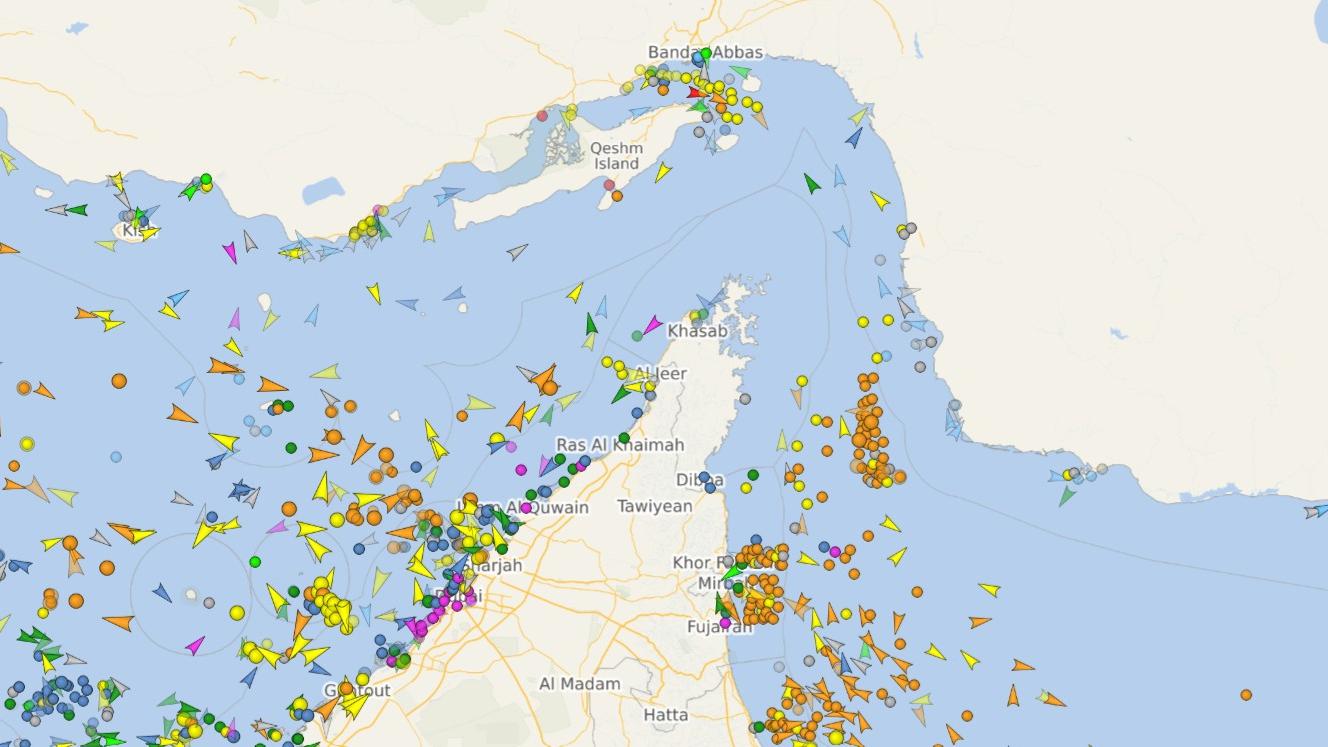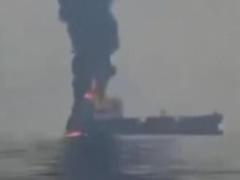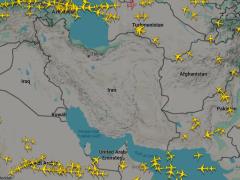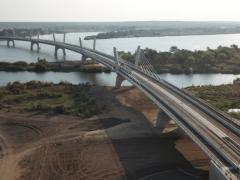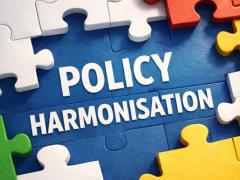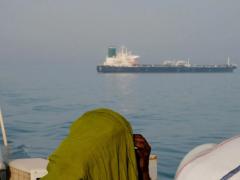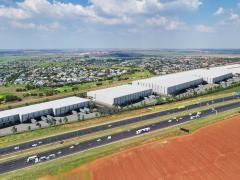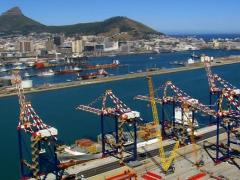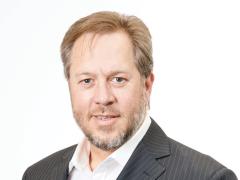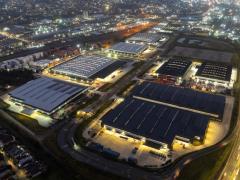US President Donald Trump has praised West Africa’s abundant natural resources as he hosted five of the region’s leaders at a White House lunch on Wednesday for a summit aimed at expanding trade and countering the rising influence of Russia and China.
The meeting came shortly after his administration shuttered the United States Agency for International Development (USAID), signalling a clear shift away from “begging bowl politics” towards beneficial trade engagements with Africa.
The Trump administration was seeking to forge deeper economic ties with the mineral-rich region while simultaneously cutting back on foreign aid and imposing 10% import tariffs on a number of countries.
Talks with the presidents of Senegal, Liberia, Guinea-Bissau, Mauritania, and Gabon were expected to focus on commercial opportunities and security cooperation.
Trump told the assembled leaders and members of the press that his government was working hard to create new economic opportunities involving the United States and various African nations.
He emphasised Africa’s vast economic potential, describing it as a region unmatched in its possibilities.
He spoke about the continent’s vibrant landscapes, its valuable territories and its wealth of minerals and oil. In return, the African leaders voiced support when asked by a journalist from the continent whether Trump deserved a Nobel Peace Prize for his mediating role in the Middle East conflict.
Nominating Trump for the coveted accolade was first mentioned earlier this week by Israeli Prime Minister, Benjamin Netanyahu.
The US-West Africa discussions took place amid efforts by Washington to secure reliable supplies of critical minerals.
Each of the five nations whose heads of state Trump met with possesses significant natural wealth, including manganese – essential for producing stainless steel and batteries – as well as iron ore, gold, diamonds, lithium and cobalt.
However, the summit was also framed by the Trump administration’s sweeping overhaul of its Africa policy. By shutting down USAID, it made clear its intent to abandon what it viewed as a charitable, donor-recipient model in favour of trade-based partnerships driven by mutual interest.
West Africa is likely to be among the regions hardest hit by the resulting aid cuts.
A recent study published in The Lancet medical journal predicted that such reductions could contribute to more than 14 million additional deaths globally by 2030.
US financial assistance had previously played a vital role in Liberia’s post-conflict reconstruction and, as recently as the previous year, the country was receiving $160 million annually – roughly three per cent of its GDP.
Liberian President Joseph Boakai remarked that Liberia had long enjoyed a close friendship with the United States and expressed support for Trump’s ‘Make America Great Again’ agenda. He added that Liberia shared Washington’s interest in diplomacy rooted in economic development and commercial cooperation.
Meanwhile, China has significantly increased its investment in several of the countries attending the summit, with Gabon alone supplying 22% of the manganese used in Chinese battery manufacturing.
Russia has also been expanding its presence, offering support to the newly formed Alliance of Sahel States, which borders several of the nations at the lunch.
Security concerns were expected to feature prominently in the talks, with Washington particularly focused on drug trafficking and irregular migration.
Countries in the Sahel region have struggled with attacks by terrorist groups, while successive coups have deepened political instability.
Migrants from West Africa make up a growing share of the Black immigrant population in the US, which increased by nearly 25% between 2012 and 2022, reaching 4.3 million people.
Guinea-Bissau remains a major transit point for cocaine moving from Latin America to Europe and other markets and has found it difficult to stem the tide of narcotics trafficking.
In June, reports emerged that the Trump administration was considering a travel ban affecting Gabon, Liberia, Mauritania, and Senegal as part of a broader review of 36 countries.
Nonetheless, the leaders present were vocal in their admiration for Trump, citing his role in brokering peace between the Democratic Republic of the Congo and Rwanda, as well as in the de-escalation of tensions between Iran and Israel.
Senegalese President Bassirou Diomaye Faye remarked that lasting business partnerships could only thrive where peace and security were present, and he credited Trump with efforts to promote stability across the globe. – SOURCE: ENCA
